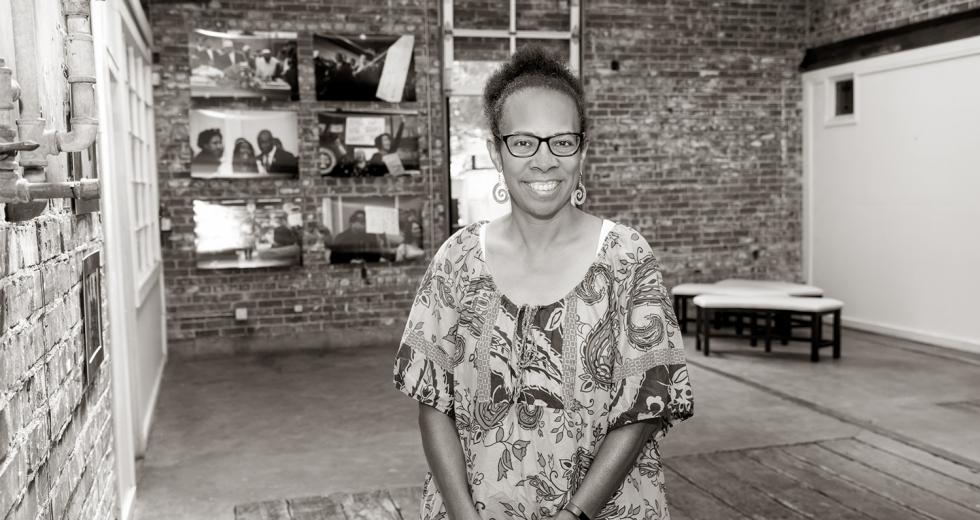Before Lisa Daniels stumbled upon an old photograph in 2000, she never knew that her grandmother had served as a riveter in the Brooklyn Navy Yard during World War II. About one month after the discovery, Daniels’ grandmother passed away, taking that history with her.
The discovery prompted Daniels, a history buff, to realize the challenges of finding African Americans’ military stories in books and media coverage. So she began reaching out to other families in search of lost stories. Daniels felt that these unsung experiences needed to be heard, which planted the seed for the vision that would grow into the Sacramento-based Unsung Heroes Living History Project, founded in 2005.
“Unfortunately, there were not enough books to enlighten present and future generations of the role of African Americans in wartime and in peacetime.” Lisa Daniels, founder, Unsung Heroes Living History Project
Unsung Heroes is a nonprofit that collects, preserves and exhibits the stories of African Americans who served in the U.S. military. Veterans of African descent and their family members share oral histories, along with artifacts from their own experiences in time of war, including photographs, letters, personal diary entries and more. The nonprofit has collected the stories of more than 200 veterans.
“Unfortunately, there were not enough books to enlighten present and future generations of the role of African Americans in wartime and in peacetime,” Daniels says. The project is open to all who wish to contribute their stories, experiences, pictures and accounts of veterans of African descent.
Unsung Heroes has put on a plethora of multimedia exhibitions locally and across California — including “We Also Served: African Americans in the Military;” “Welcome Home Vietnam Veterans;” and “Heritage: The Legacy of the Tuskegee Airmen.” “HerStory: The Impact of Women in the Armed Forces” is currently in development with the goal of showing in March 2019. These exhibits aren’t just about one conflict or war — they range from the American Revolution to current military operations, with participating veterans and family members assisting in the curation process.
Barbara Range, director and curator at the Brickhouse Gallery in Oak Park — which was the first location to host the “We Also Served: African Americans in the Military” exhibit in 2015 — says that one of the best parts of these wide-ranging exhibits is the response from visitors. “You hear comments like, ‘I didn’t know,’” Range says. “They want to know more when the information is not widely seen. How often are these stories told?”
Daniels says that each exhibit costs between $5,000 and $10,000, and funding primarily comes from private donations, in-kind donations and corporate donations. Daniels’ next goal is to publish a manuscript with documentary footage that will preserve these stories. Daniels’ hope is to bring an understanding of the important role men and women of African descent played in our national history.
“The objectives of the project are to bring the stories of veterans to life,” Daniels says, “and affirm black veterans’ patriotic pride in serving their nation with loyalty and heroism in times of conflict; to provide a forum to reclaim ‘voice’ for veteran military men and women and their families; … and to preserve, through mixed media, the African American legacy of military service.”



